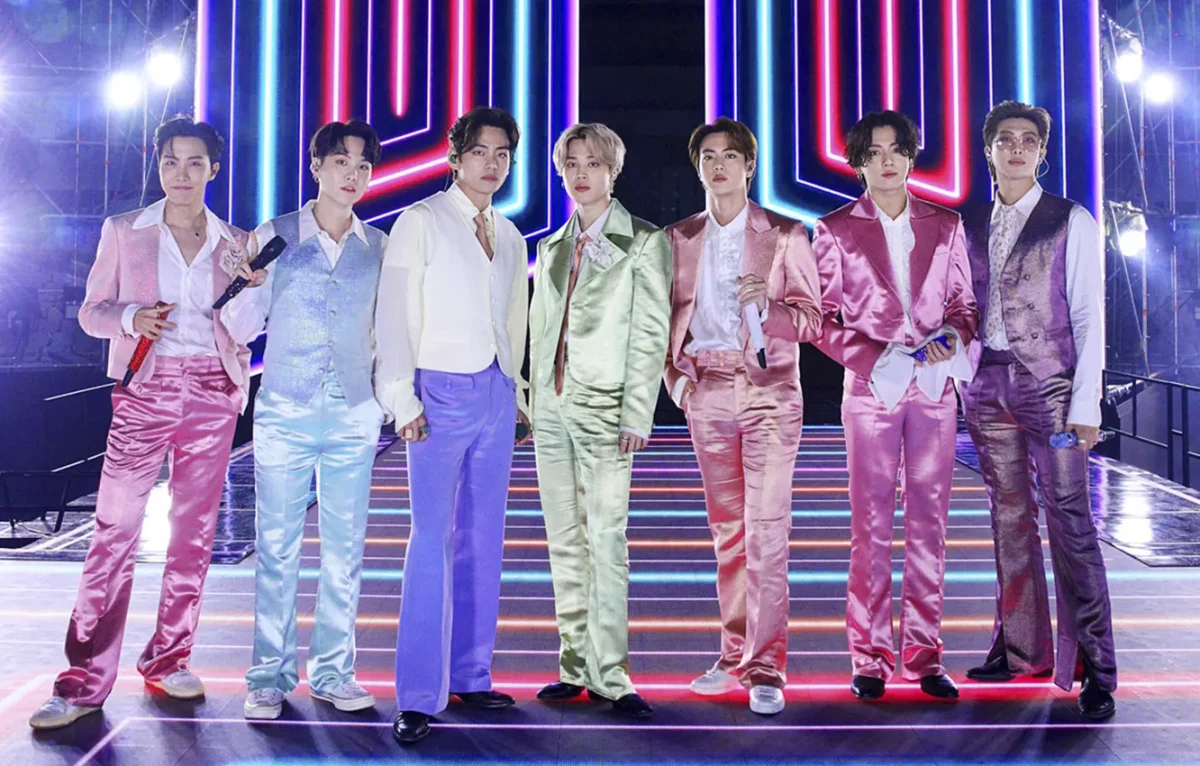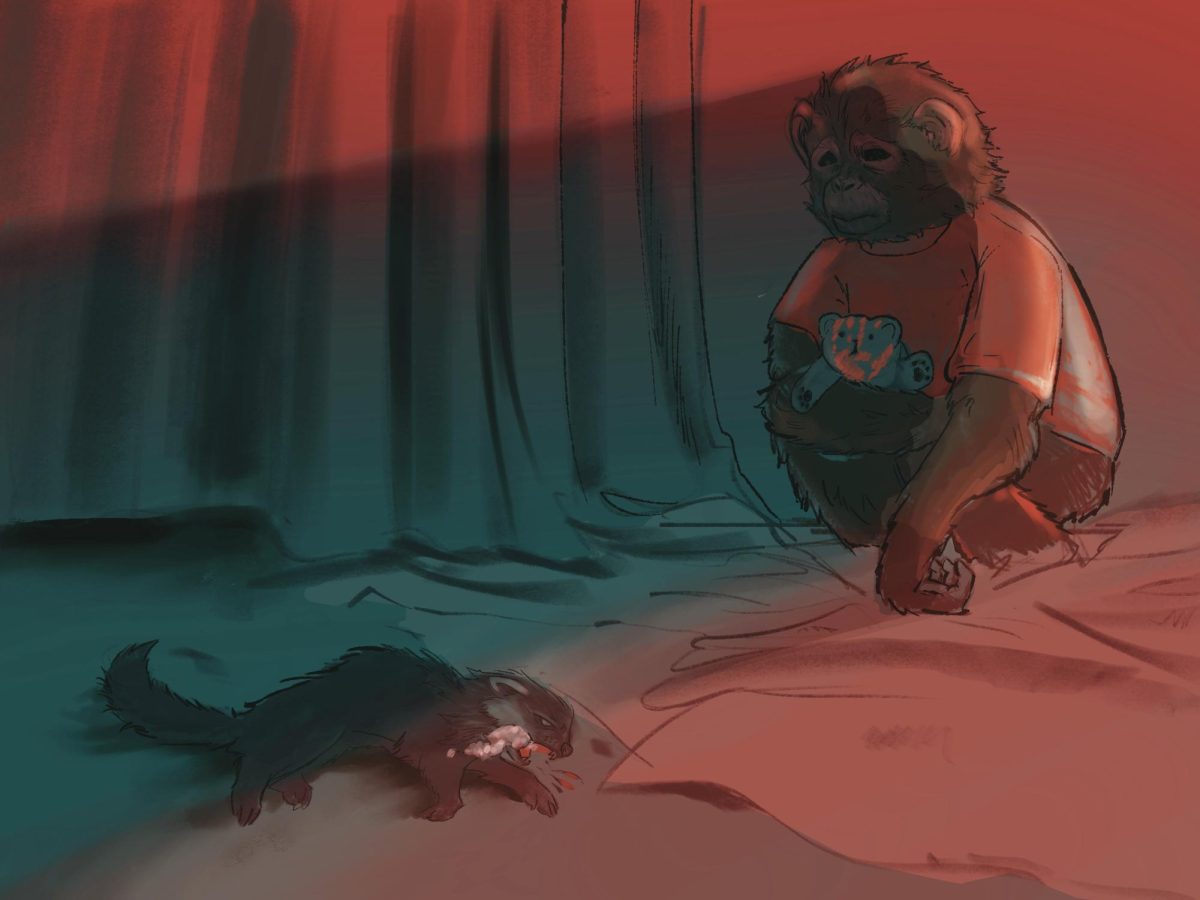After the release of her fourth studio album, Are We There, singer-songwriter Sharon Van Etten garnered critical acclaim from critics and fans alike for her simplistic lyricism, as well as calm vocal performances, fused with an alternative folk edge.
Five years later, Van Etten’s highly anticipated follow-up, Remind Me Tomorrow, delivers a breath of fresh air for the artist’s career.
With the help of producer John Congleton, Van Etten successfully delivers an album that is different from her previous work, while still retaining the strong traits that made her previous efforts memorable.
Throughout Remind Me Tomorrow, listeners will find that Congleton’s production brings a brightness to the album, which showcases a pop sound that Van Etten explores on tracks like “No One’s Easy to Love” and “Seventeen.” Artists who have attempted this approach often find themselves sounding bland and forgettable, but Van Etten seamlessly makes the transition from alternative folk to alternative pop.
On the track “Seventeen,” Van Etten’s lyricism is able to convey a sense of youth and excitement, enhanced musically by a layer of synthesizers. The track is a love letter to New York City and is a standout on the album.
The use of synthesizers and drum machines is a change of instrumental direction for Van Etten, in stark contrast with her previous albums, which included organic instrumentation from string instruments, as well as soft acoustics.
Still, fans will not be alienated with this new direction due to the return of Van Etten’s soft piano playing on tracks like “Malibu,” where the keys mix effectively with new instrumentation and fantastic production.
Van Etten also offers fantastic hooks that make her tracks enjoyable and memorable. A highlight of the album, “You Shadow,” incorporates the new sounds that Van Etten explores and comes about perfecting it. The track is accompanied by a catchy hook, great vocal performance and dreamy instrumentation.
Although Van Etten reinvents herself on this new album, her work comes off as a bit incohesive and disorganized at times.
However intentional that may be, the disorganization hinders the album, making it drag in some places. An example of this can be found on the track “Hands,” which includes overblown sounds that can make the track sound very muddy. The saving grace of the track is Van Etten’s voice, through which she delivers a great performance.
One of the album’s greatest strengths is its reliance on fantastic vocal harmonies that nicely complement personal lyrics. On the track “Stay,” Van Etten writes a lullaby about her newborn son, a great way to end the album. The track is reminiscent of earlier work with limited instrumentation while still having a very open sound, which is also found elsewhere on the record.
Van Etten does not have to prove anything to anyone, yet she still manages to deliver heartfelt songs that have a lot of personality to them.
The music found on Remind Me Tomorrow can be best visualized by the album artwork. Each song has different ideas scattered all over the place for listeners to discover while creating a surprisingly fun pop album.
It is strange, yet oddly satisfying, seeing Van Etten make such a drastic change in sound. Fans will not be polarized by this record, but some may find the lack of organic instrumentation a bit off-putting. Van Etten successfully uses her strengths as a musician and an artist to create a new sound that is extremely modern, while still incorporating some instrumentation from synthesizers and drum machines to create a catchy pop record.
Although Van Etten may not have the most name recognition among her contemporaries, her talents as an artist make her well respected in a saturated field of singer-songwriters.
Not many artists are able to jump from folk to pop this effortlessly without alienating fans or creating a lackluster sound. It is clear that after a five-year hiatus, Van Etten has a lot to say.
Fans will be more than satisfied with her new project and it is clear that there will be more to be excited for.








